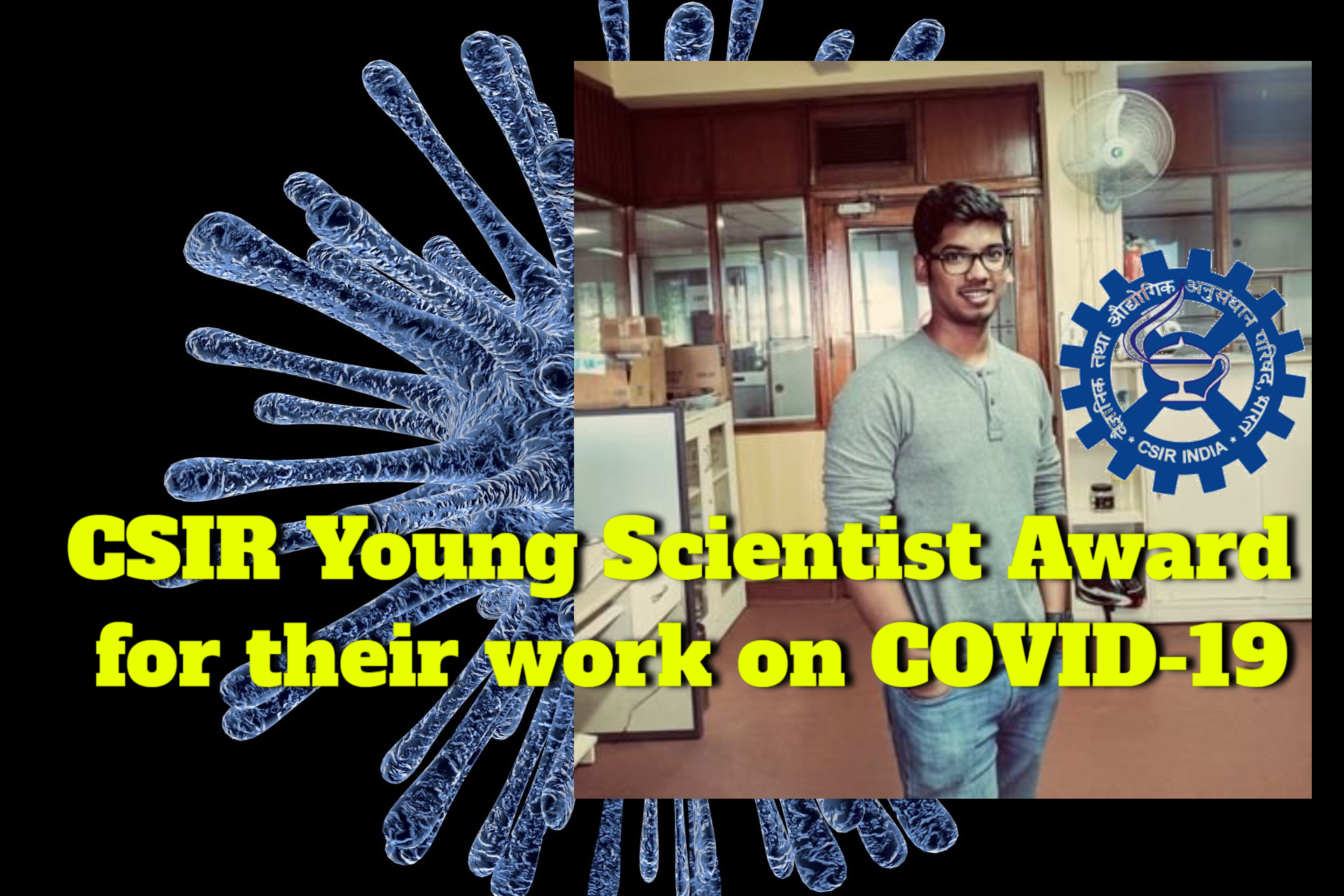Divya Tej Sowpati, a scientist at the CSIR-Centre for Cellular and Molecular Biology (CCMB), worked on genome sequencing and other research involving the common fruit fly, also known as the ‘Drosophila’. In recognition of his work on coronavirus variations, he received the coveted CSIR Young Scientist Award.
Key Highlight:
- Divya Tej Sowpati, a scientist at the CSIR-Centre for Cellular and Molecular Biology (CCMB), worked on genome sequencing and other research involving the common fruit fly.
- In recognition of his work on coronavirus variations, he received the coveted CSIR Young Scientist Award.
- Jitendra Singh, Union Minister of State for Science and Technology, revealed that the government plans to build science museums across the country.
Researchers from India’s CSIR Centre for Cellular and Molecular Biology (CCMB) were studying the common fruit fly, or the ‘Drosophila,’ before the SARS-CoV-2 pandemic struck. They sequenced its genome and conducted research. Tuesday, he added, “presented new issues because I’ve never dealt with viruses before.”
However, his pioneering work in sequencing, analyzing, and tracking coronavirus variants earned him the prestigious ‘CSIR Young Scientist Award’ for biological sciences from Vice President M. Venkaiah Naidu, in the presence of Union Minister for Science & Technology Dr. Jitender Singh, and CSIR DG Shekhar C. Mande in New Delhi.
When Dr. Sowpati was a post-graduate in zoology from Sri Venkateshwara University in Tirupati, he had his heart set on becoming a doctor, but his path took him into scientific research, with a focus on genetics and epigenetics. As of early 2019, he has his own group at CCMB after earning his PhD from the Centre for DNA Fingerprinting and Diagnostics/University of Hyderabad.
For him, programming was “always an interest” that assisted with his studies, he added. Ever since the outbreak, the scientist and his team have discovered new dominant variants like A3i, mutations in different variants, and compared them with global ones to uncover any cause for concern. They’ve also investigated how gradually this was taken over by other variants like A2a.
“We are on par with the rest of the world as far as COVID-19 genome analysis is concerned and we can do much better on data generation,” said Dr. Sowpati, who is also involved in the sequencing of more than 10,000 viral genomes and the analysis of more than 60,000 viral genomes to understand viral evolution. To help with genome surveillance, CCMB worked with the Indian SARS-CoV-2 Genomics Consortium (INSACOG), which included 28 different research institutions.
“We were lucky to be a part of COVID-19 mitigation efforts because it allowed us to put our talents and knowledge to good use for a worthwhile cause. Thanks to everyone who has supported and encouraged me along the way: my team, family, friends, coworkers, and mentors.”
“Dr Sowpati is an extremely outstanding young scientist and an example of what young researchers like him can achieve with the appropriate type of facilities and environment,” stated CCMB Director Dr. Vinay K. Nandicoori in a statement about the prize. He stated that the institute’s ‘Dry swab-based one-step COVID-19 testing method’ was recognized with a ‘Certificate of Merit’ in the CSIR’s Technology Award.
It was a great honor to receive the @CSIR_IND Young Scientist Award from @VPSecretariat and @DrJitendraSingh on the 80th Foundation Day of CSIR. I thank my family, friends, and colleagues for their constant support and encouragement – this award goes to them! 🙏🙏 pic.twitter.com/mOi5H9G8sl
— Divya Tej Sowpati (@TejSowpati) September 26, 2021






